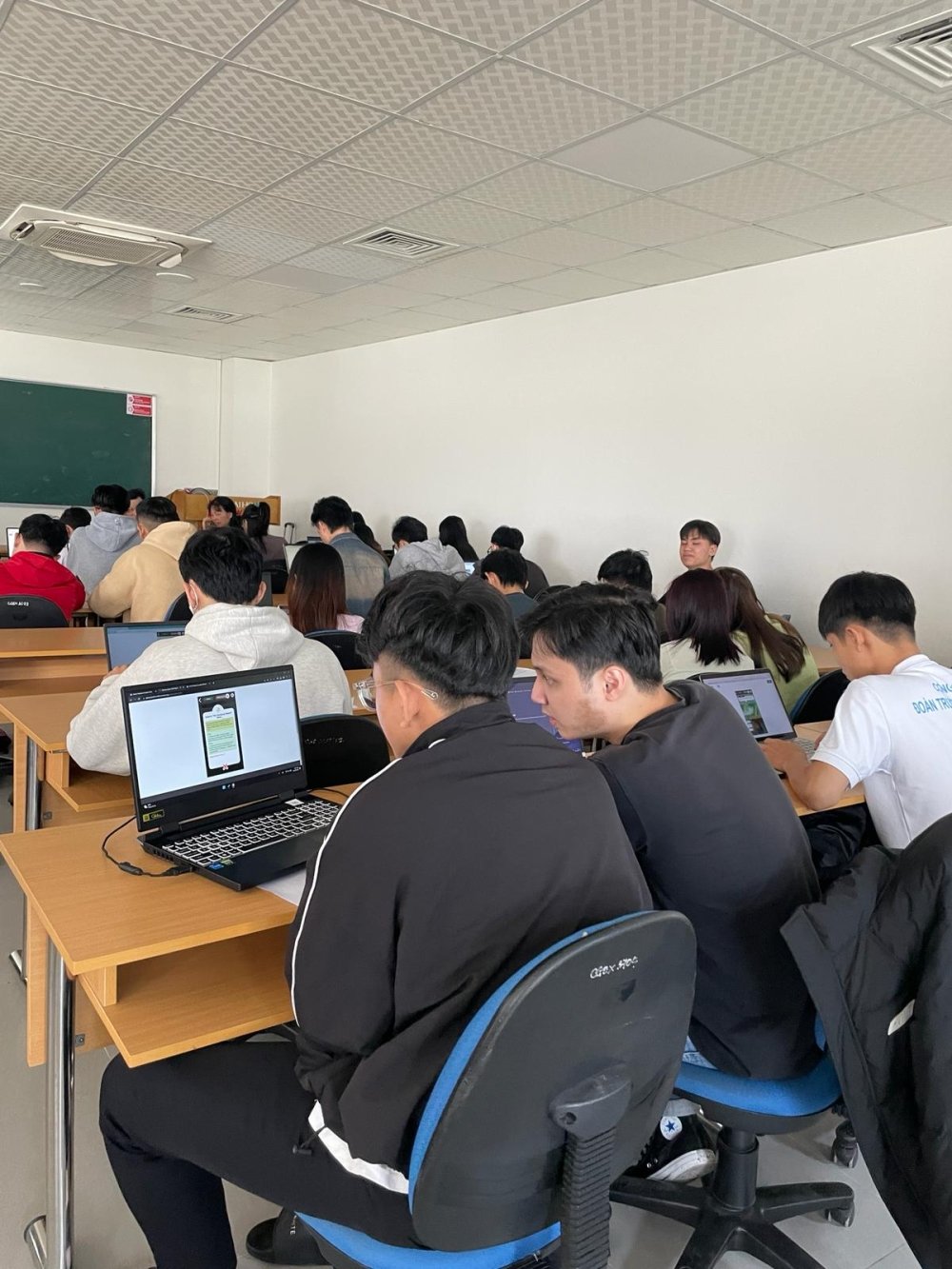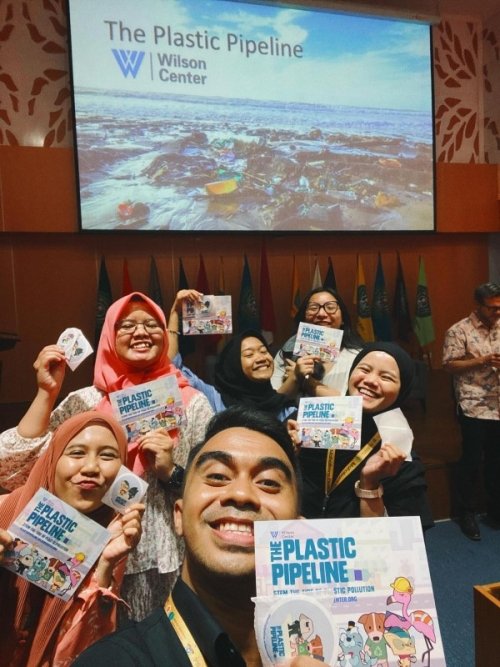The Plastic Pipeline: Impact
Impact Research: US and Vietnam

To analyze the impact of The Plastic Pipeline on players’ attitudes towards single-use plastic, environmental impacts, and policy, we conducted a mixed-method design involving both field observation and a pre- and post-survey.
We conducted four formal playtests of the game in 2023 in college classrooms: one in the United States (Washington, D.C.) and three in in Vietnam (two in Da Nang and one in Ho Chi Minh City), with n=229 participants.
After completing The Plastic Pipeline, participants on average felt that they knew more about plastic pollution than before (p < 0.0001, Δ 0.24). They were also more likely to believe a single individual will make a difference on plastic pollution (p = 0.0009, Δ 0.17), more likely to agree that single-use plastic pollution is caused by individual consumers not recycling properly (p = 0.03, Δ 0.11), more interested in environmental policy (p = 0.02, Δ 0.06), more interested in politics (p = 0.02, Δ 0.12 ), and more confident in their ability to impact policy issues (p < 0.0001, Δ 0.27).
The Plastic Pipeline did not significantly affect (p > 0.05) participants’ beliefs that “The impact of plastic pollution has been greatly exaggerated” (Question 2) and “Plastic pollution will not have a major impact on me and/or my family” (Question 3). In both cases, participants disagreed with both statements in the pre-surveys (median response of 2), suggesting that part of the reason that The Plastic Pipeline did not significantly affect responses could be because playing the affirmed players answers to these questions.
Indonesia
The Plastic Pipeline is having an impact beyond formal testing. Working with the East-West Center, we presented The Plastic Pipeline to environmental researchers in Indonesia to show the power of games and get feedback from those working on the ground.


